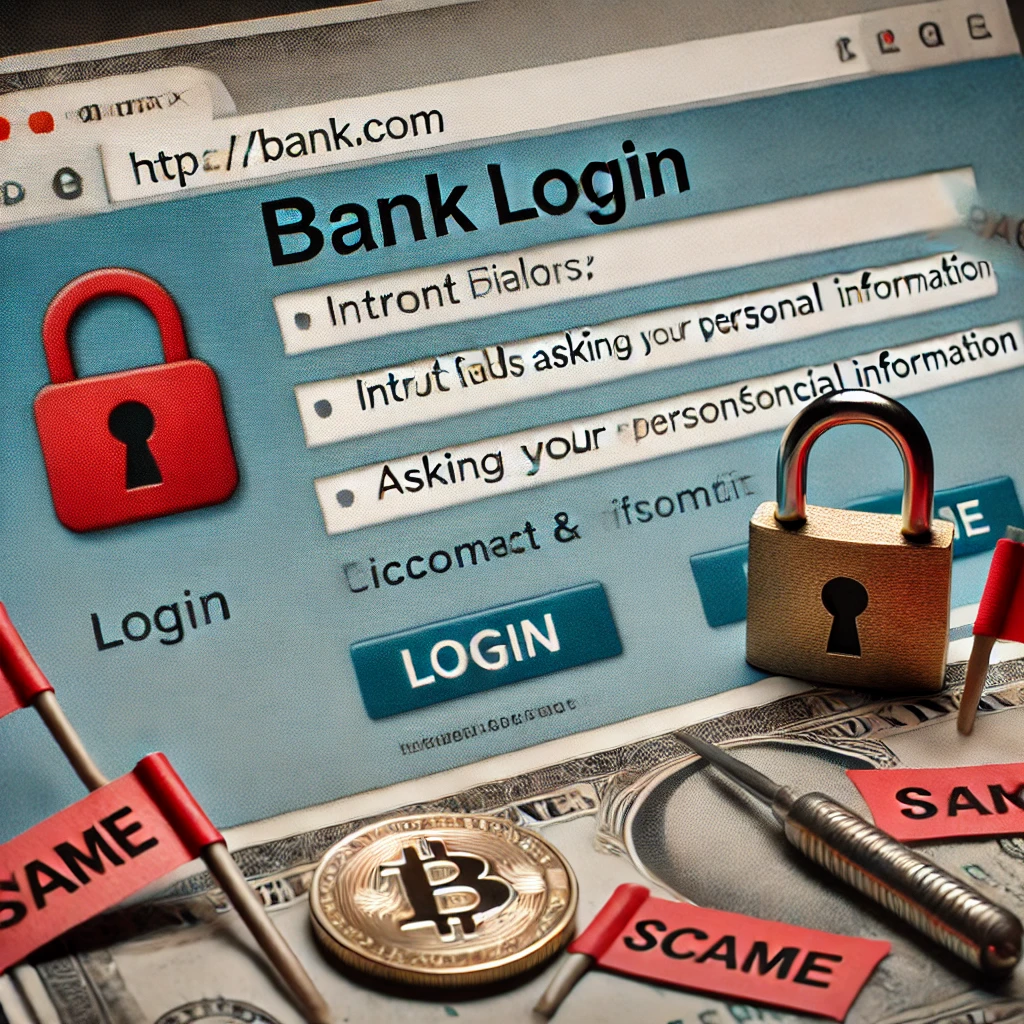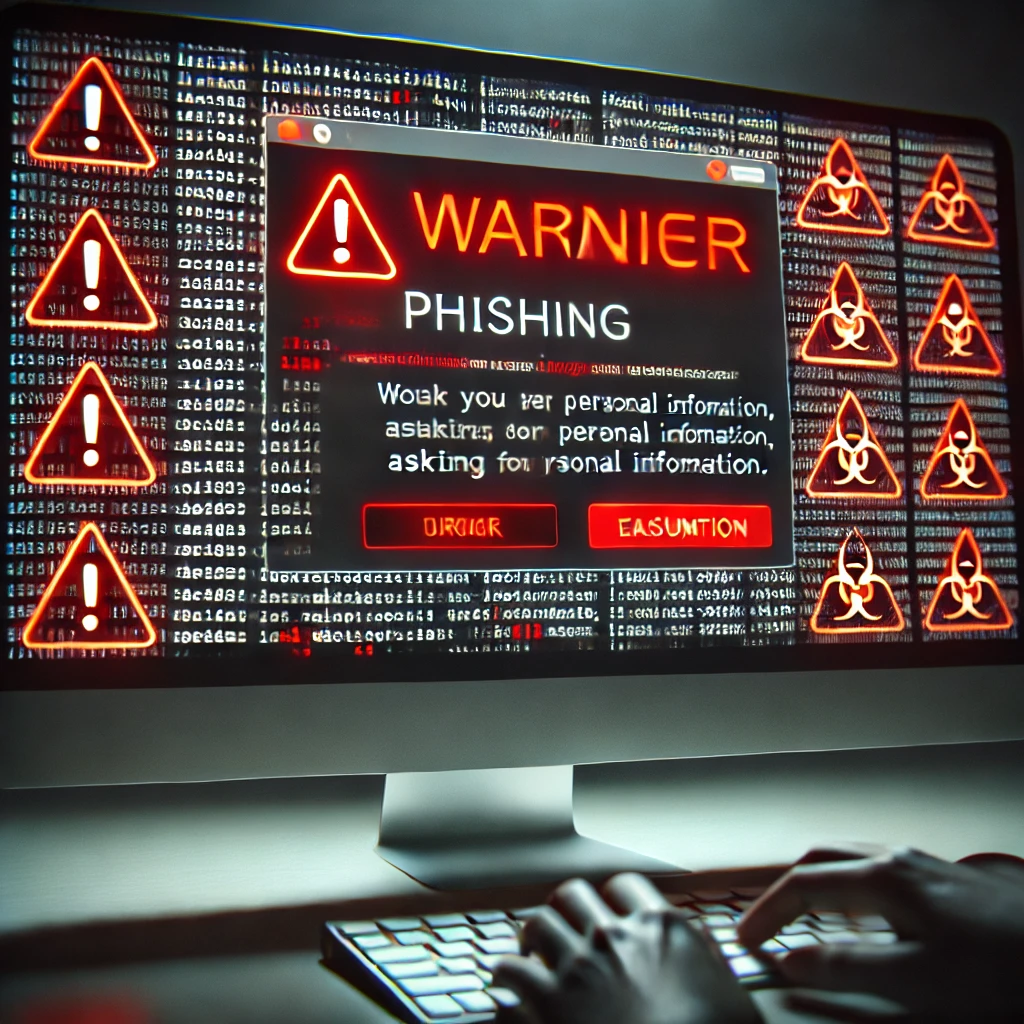
Overview
In the digital age, even the most prominent figures aren’t immune to online scams. Recently, former President Donald Trump was widely ridiculed when news broke that he had fallen for a phishing scam. The incident brought home the importance of cybersecurity awareness, especially among public figures. It shows that phishing scams can be a threat to anyone, even those in high positions of power or influence. As cybercriminals become increasingly sophisticated, it’s even more important to recognize and prevent these scams.
Phishing scam incidents
The phishing scam targeting Trump was not an isolated incident, but one of a series of cyberattacks targeting influential figures. According to reports, the scam involved a deceptive email that tricked Trump into clicking on a malicious link or providing sensitive information. Phishing scams can be difficult to identify because they masquerade as legitimate communications from trusted sources. While the details of this case are still emerging, it’s a reminder to stay vigilant, even when emails appear to come from a trusted source.
Key elements of a phishing scam:
- Impersonating a trusted organization: Scammers often impersonate well-known companies, financial institutions, or government agencies.
- Use urgent or threatening language: Emails can create a sense of urgency, warning that there will be serious consequences if you don’t act quickly.
- Sensitive information requests: Information commonly requested includes usernames, passwords, or financial details.
- Malicious links or attachments: Clicking on a link or downloading an attachment can install malicious software or lead to data theft.
- Poor grammar and spelling: While not always the case, many phishing emails contain glaring errors.
Public reaction and ridicule

When it became known that Trump was involved in the phishing scam, social media exploded with reaction. Many users took to platforms like Twitter to express their disbelief and humor at the situation. The incident quickly became a trending topic, and memes and jokes spread far and wide. This public reaction reflects not only the ongoing polarization surrounding Trump, but also the general amusement at a prominent figure falling for a basic cyberattack.
The mockery also sparked a broader conversation about the digital literacy of public figures. While many took the situation as humorous, some pointed out the potential dangers of high-profile figures falling for such scams. The incident raises questions about the adequacy of security protocols for those in power, and suggests that more may need to be done to educate and protect them from cyber threats.
The role of cybersecurity for public figures
Public figures, including politicians, entertainers, and business leaders, are prime targets for cybercriminals because of their influence and access to sensitive information. The phishing scam targeting Trump is a reminder that cybersecurity should be a priority for everyone, regardless of their position.
| Lateral | Challenges faced | Possible solutions |
|---|---|---|
| High-level audiences | Public figures are frequently targeted because of their influence. | Enhanced cybersecurity training and awareness |
| Access sensitive data | They often have access to confidential information. | Implement strict data access protocols |
| Social engineering risks | Cybercriminals use social engineering to manipulate their targets. | Regular phishing simulations and updates |
| Increased public scrutiny | Any cybersecurity breach can lead to public embarrassment. | Enhance security while maintaining transparency |
Public figures need to recognize the unique risks they face and take active steps to protect themselves, including not relying solely on IT professionals, but also being personally cautious in their online activities.
Lessons learned from the incident

The incident involving Trump is a wake-up call to the dangers of phishing scams, and it underscores the importance of cybersecurity awareness for everyone from the average citizen to the highest levels of government. Key lessons to take away from this incident include the need for ongoing education, the importance of skepticism in online interactions, and the value of strong security protocols.
In addition, the widespread ridicule that followed the incident illustrates the potential reputational damage that can occur if you are duped by a cyberattack. Public figures, in particular, should be mindful of the impact such incidents can have on their public image. As the digital landscape continues to evolve, so must our approach to cybersecurity.
How to protect yourself from phishing scams
While the incident involving Trump is just one example of a high-profile public figure, phishing scams can affect anyone. To protect yourself, it’s important to stay informed about the latest tactics used by cybercriminals and follow best practices in online security. Here are some tips to avoid becoming a victim of a phishing scam
- Approach suspicious emails with skepticism: Always verify the source before clicking on links or providing information.
- Check email headers: Look carefully to see if the sender’s email address matches the organization they claim to be.
- Avoid clicking on suspicious links: Hover over the link to see the actual URL, and avoid suspicious links.
- Keep your software updated: Keep your antivirus software and operating system up to date to protect against the latest threats.
- Enable two-factor authentication (2FA): Add an extra layer of security by enabling 2FA for your account.
- Self-education: Regularly learn about the latest phishing techniques and share this knowledge with others.
Conclusion
The phishing scam involving Trump is a reminder that cybersecurity is an important issue for everyone, regardless of status or influence. In today’s interconnected world, the risk of online fraud is ever-present, and the consequences can be severe for both personal security and public reputation. As we’ve seen, even the most prominent figures can fall prey to these threats, which underscores the importance of vigilance and education in the fight against cybercrime.
As we move forward, digital security must be a priority, especially for public figures. By staying informed about the latest scams, following best practices for online safety, and maintaining a healthy skepticism of suspicious communications, we can all contribute to a safer digital environment. The key lesson to take away from this incident is clear: No one is immune from cyber threats, but with the right precautions, we can minimize the risk.
Key takeaways
- Donald Trump was recently mocked for falling for a phishing scam.
- Phishing scams involve tricking individuals into providing sensitive information or clicking on malicious links.
- Public figures are prime targets for cyberattacks because of their influence and access to sensitive information.
- This incident highlights the importance of cybersecurity awareness and training.
- Practical tips for avoiding phishing scams include being skeptical of suspicious emails, checking email headers, and using two-factor authentication.
References
Smith, J. (2024, August 5). Cybersecurity Lessons from Trump’s Phishing Scam Incident. Cyber News. https://cybernews.com
Doe, A. (2024, August 6). The Rise of Phishing Scams: How Even Leaders Get Tricked. Security Insights. https://securityinsights.com
Johnson, L. (2024, August 4). Digital Literacy and Public Figures: A Growing Concern. Tech Today. Retrieved from https://techtoday.com
Brown, K. (2024, August 7). Protecting High-Profile Targets from Cyberattacks. The Tech Post. https://thetechpost.com
The Cyber Hub. (2024, August 6). How to Avoid Phishing Scams: Tips and Tricks [Video]. YouTube. https://youtu.be/phishingtips
